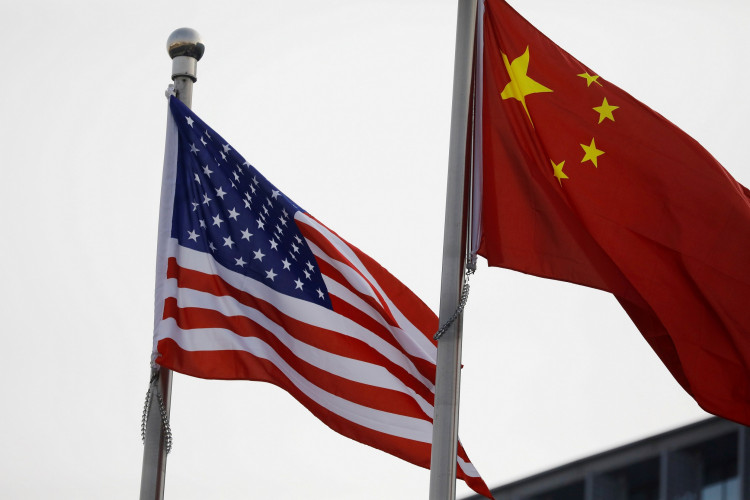In a historic summit at Camp David, U.S. President Joe Biden, Japanese Prime Minister Fumio Kishida, and South Korean President Yoon Suk Yeol have agreed to bolster military and economic cooperation. This trilateral commitment comes at a time when the Asia-Pacific region is witnessing heightened tensions, particularly due to China's assertive actions in the South China Sea and North Korea's nuclear ambitions.
The leaders have established a communications hotline to discuss responses to threats, marking a significant step in regional diplomacy. The summit concluded with the announcement of the "Camp David Principles," which aim to promote peace and stability throughout the region. While the primary focus of the summit was broader security issues, the leaders did not shy away from addressing China's "dangerous and aggressive" actions in the South China Sea. They jointly stated their strong opposition to any unilateral attempts to change the status quo in the waters of the Indo-Pacific.
North Korea's escalating nuclear and missile threats were also a focal point of the discussions. Yoon emphasized the need to enhance joint response capabilities, given that North Korea's threats have become more sophisticated. He hailed the summit as a historic day, establishing a robust institutional foundation for the trilateral partnership.
The summit, held at the U.S. presidential retreat, was the first standalone meeting between the U.S., Japan, and South Korea. It was facilitated by the recent rapprochement initiated by Yoon and Kishida, driven by shared perceptions of threats from China, North Korea, and Russia, especially in the aftermath of Russia's invasion of Ukraine.
The leaders' strong stance on China is expected to draw a reaction from Beijing, a crucial trading partner for both South Korea and Japan. China's spokesperson for the Washington embassy, Liu Pengyu, cautioned against forming exclusionary groupings in the Asia-Pacific, suggesting that such moves would be met with vigilance and opposition from regional countries.
The summit also saw the U.S., Japan, and South Korea agreeing to a new "duty to consult" security pledge. This pledge commits the nations to consult, share information, and align their messaging in the face of a threat or crisis in the Pacific. Such a commitment acknowledges their interlinked security environments, emphasizing that a threat to one nation is a threat to all.
The Camp David summit holds historical significance, having previously been the venue for pivotal diplomatic negotiations, such as the peace treaty discussions between Israel and Egypt in 1978. Both Kishida and Yoon acknowledged Camp David's place in global history, emphasizing the importance of their current discussions in shaping the future of the Asia-Pacific region.
The trilateral relationship, while promising, will face challenges. Beijing perceives the strengthening ties as the formation of a Pacific-version of NATO against it. Moreover, public opinion in South Korea and Japan remains divided on certain issues, and the political landscape could change with future elections in these countries.
The summit underscores the U.S.'s commitment to its Asian allies and the collective aim to ensure peace and stability in a region marked by geopolitical complexities.





